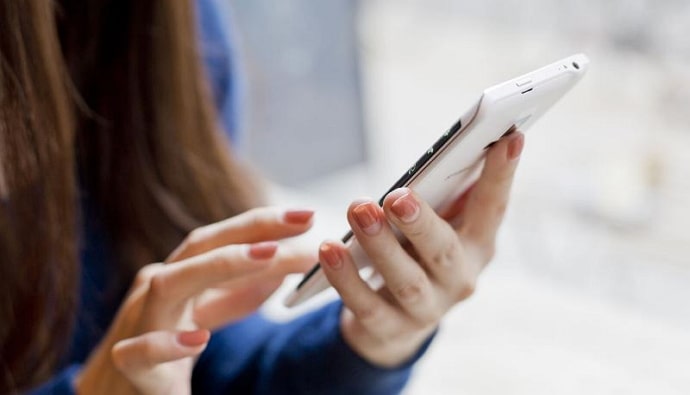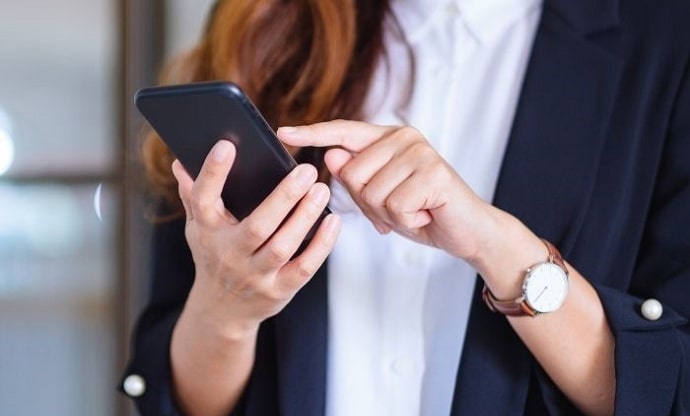In the world of social etiquette, the simple greeting “Good evening” holds a special place. It’s a polite and courteous way to acknowledge someone’s presence and wish them well as the day transitions into the evening.

Responding to this greeting with thoughtfulness and warmth can set the tone for a pleasant interaction. Whether you’re in a formal business setting or among friends and family, having a repertoire of best replies to “Good evening” greetings can help you make a positive impression.
In this article, we will explore various responses to this classic greeting and provide insights into when and how to use them. Let’s get started!
Best Replies to “Good Evening” Greetings
The greeting “Good evening” is a common way to start a conversation or to show politeness in the evening. It can be used in a variety of settings, from formal to informal. When someone says “Good evening” to you, there are many different ways to reply.
The best reply will depend on the context of the situation and the relationship you have with the person who said it. Here are some of the best ways to reply to someone wishing you a “Good evening.”
The Classic Reply
When someone offers you a “Good evening” greeting, the most common and straightforward response is to reciprocate the sentiment. A simple “Good evening” in return is a polite and respectful way to acknowledge the greeting and convey your well wishes.
This response is suitable for a wide range of situations, from formal to informal, and is a timeless way to express your consideration.
Adding a Personal Touch
If you want to elevate your response beyond the standard “Good evening,” consider adding a personal touch to your reply. Tailoring your response to the individual or the context can create a more meaningful interaction. Here are a few examples:
“Good evening! How was your day?” – This response not only reciprocates the greeting but also shows genuine interest in the other person’s well-being. It opens the door for further conversation and connection.
“Good evening to you too! I hope you’re having a great day.” – This response conveys positivity and goodwill. It’s an excellent choice when you want to spread good vibes and make the other person feel appreciated.
“Good evening, [Name]! It’s always a pleasure to see you.” – Using the person’s name in your response adds a personal touch and makes them feel valued and special.
“Good evening! I trust everything is going well for you.” – This response conveys a sense of trust and confidence in the other person’s well-being, which can be reassuring and uplifting.
Expressing Gratitude
Responding to a “Good evening” greeting with expressions of gratitude is another excellent option. It not only acknowledges the greeting but also shows appreciation for the other person’s time and consideration.
“Good evening! Thank you for the warm welcome.” – This response is ideal when you want to express gratitude for the greeting, especially in a formal or business setting.
“Good evening! I appreciate you taking the time to say hello.” – This response conveys a sense of appreciation and can be used in both formal and informal situations.
“Good evening! Your kind words brighten my evening.” – This response not only expresses gratitude but also adds a touch of warmth and positivity to the interaction.
Injecting Humor
If you want to add a dash of humor to your response, consider these witty replies:
“Good evening! The evening is good, but the coffee is exceptional.” – This response adds a playful twist to the greeting and can be a conversation starter if you’re in a coffee shop or similar setting.
“Good evening! It was good until I realized it’s Monday.” – Injecting a bit of humor about the day of the week can create a lighthearted atmosphere.
“Good evening! It’s getting better now that I’m talking to you.” – This response combines humor with flattery and can be used among friends or in a casual setting.
Cultural Considerations
It’s important to be aware of cultural nuances when responding to “Good evening” greetings. In some cultures, a simple reciprocation of the greeting is the norm, while in others, it’s customary to add additional pleasantries.
Here are a few cultural considerations:
Japan: In Japan, it is common to reply to “Good evening” (Konbanwa) with “Konbanwa” in return.
The Japanese culture places a strong emphasis on polite reciprocation.
India: In India, it is customary to reply to “Good evening” with a warm and polite response, such as “Good evening to you too” or “Good evening, sir/ma’am.”
Italy: In Italy, a common response to “Buonasera” (Good evening) is “Buonasera” in return, often accompanied by a friendly smile.
United States: In the United States, the response to “Good evening” is typically straightforward, but adding a personal touch or expressing gratitude is appreciated in most social situations.
Formal vs. Informal Responses
The choice of response to a “Good evening” greeting also depends on the formality of the situation. Here’s how your response can vary:
Formal Responses
In formal settings, such as business meetings, interviews, or professional events, it’s advisable to keep your response polite and respectful. The classic “Good evening” or a variation with a touch of formality is suitable. For example:
“Good evening, Mr. Smith. It’s a pleasure to be here.”
“Good evening, ladies and gentlemen. Thank you for having me.”
In such settings, it’s important to maintain professionalism and avoid injecting humor or overly personal touches into your responses.
Informal Responses
In informal settings, such as gatherings with friends and family, you have more flexibility in your responses. You can choose to be more casual, add humor, or express warmth and familiarity.
Here are some informal responses:
“Hey! Good evening to you too. What’s new?”
“Evening! How’s your day been?”
“Good evening, my friend! Let’s catch up soon.”
In informal situations, the key is to be genuine and maintain a friendly tone.
Timing Matters
When responding to a “Good evening” greeting, the timing of your response can also convey your attentiveness and respect. Ideally, you should respond promptly, especially in formal settings.
A delayed or absent response may be seen as a lack of courtesy. In informal settings, a brief acknowledgment and a smile can suffice if you’re engaged in another activity or conversation.
The way you respond to a “Good evening” greeting can leave a lasting impression on the people you interact with.
Also Read:





 Bitcoin
Bitcoin  Ethereum
Ethereum  XRP
XRP  Tether
Tether  Solana
Solana  USDC
USDC  Dogecoin
Dogecoin  Lido Staked Ether
Lido Staked Ether  TRON
TRON